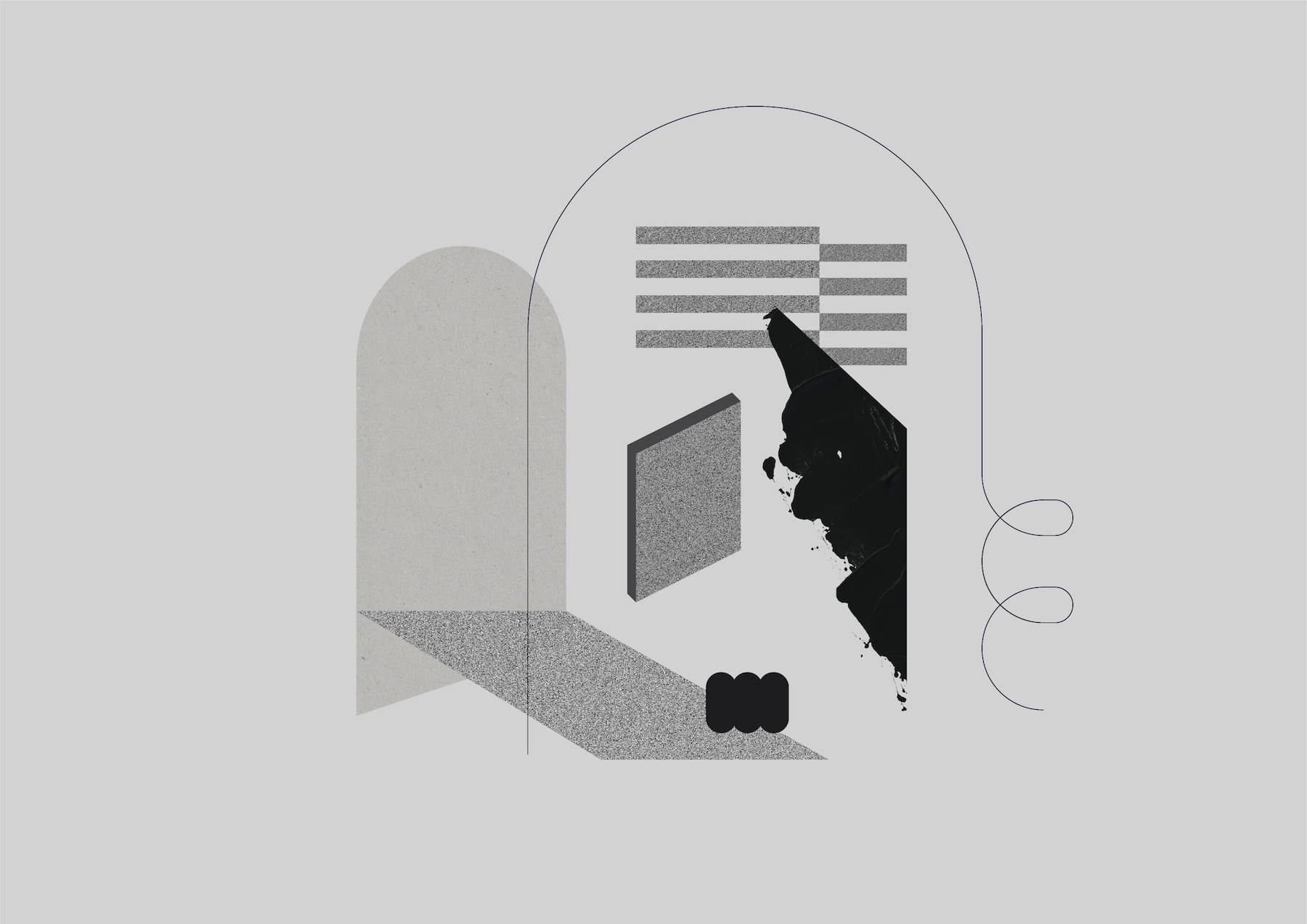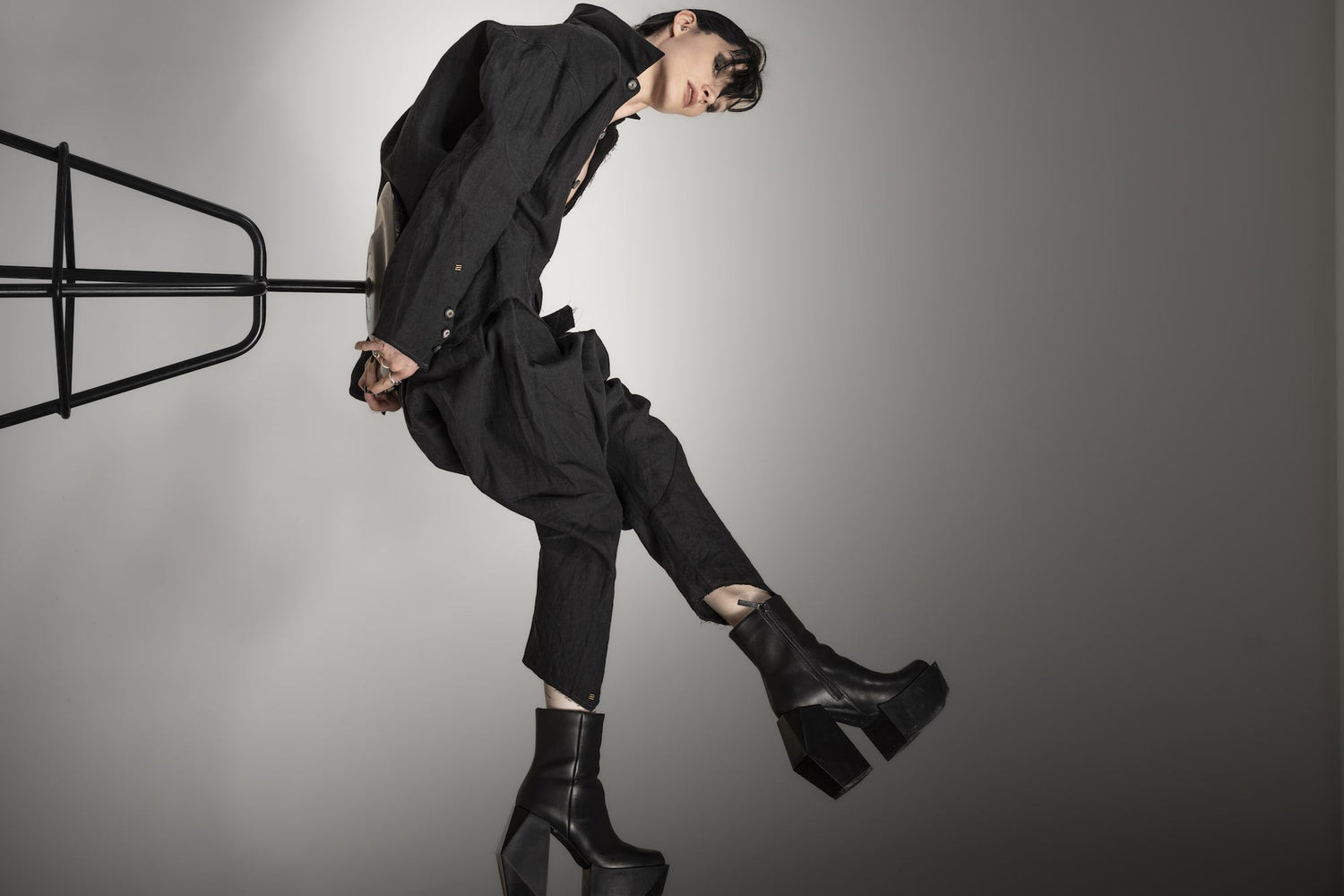DOUBT
In case of doubt, choose doubt, sings German indie rock band Tocotronic Is that so? Probably not always. In court, defendants are given the “benefit of the doubt”. Why do some people like it while others scorn it? To put it differently: Under which circumstances is doubt appreciated, and when is it condemned? Are there moments and times when it is more useful than at others?
Doubt as Not Believing or Not Knowing
When you are in doubt, you don’t know what to do. You find yourself at a crossroads with at least two potential paths. In German, this is reflected in the origin of the word: “Zweifel”, the German word for “doubt”, comes from Middle High German “zwîvel”, which means “double, twice, divided”. Doubt forces us to reflect, to question ourselves and to analyze the external situation.
But doubting is more than not knowing – it also means being unable to believe. For a long time, doubt was the archenemy of the church, and it probably still is. Questioning the existence of God is considered sinful, doubting a higher power is regarded as hubris and arrogance. But despite its ability to polarize, doubt also has a connecting quality. Being a lack of belief and a lack of knowledge, it unites the two opposite poles of belief and knowledge – in their negativity. In this way, doubt also has the potential to be fruitful.
"
Praised be doubt!
BERTOLD BRECHT
The Fruitfulness of Doubt
Doubt is fruitful in that it can lead us to opt out. To step away from the ordinary course of events, from automated everyday life. To sit down at the sidelines of the world and watch everything from a distance, to turn things upside down and consider them from all angles – with the potential effect of seeing more clearly, of recognizing patterns, of being able to grasp the big picture. People who doubt are at odds with the status quo, they won’t accept and tolerate just anything coming their way. They look for something different than what is offered to them, they cannot find any peace of mind, they are driven by the questions which stir them up. Therefore, doubt is also an engine and a motivator. A space that opens up and allows us to think slowly. A productive force which, in the best case, will bring about good decisions and well-founded judgments. In this context, behavioral economist and Nobel Prize laureate Daniel Kahnemann speaks of “slow thinking”, which he juxtaposes with fast thinking. The former is exhausting and requires time and patience, whereas fast thinking is hasty and led by emotions – which makes it more prone to error.
Mistrusting the Senses
According to Aristotle, if someone wants to be able to recognize what is right, they first need to doubt properly. Author André Gide said, “Believe those who are seeking the truth. Doubt those who find it.” And René Descartes’ concept of humanity was even based on doubt. He argued that the senses are prone to error and that we therefore cannot rely on them or on the image they create of the world and of our own body. In the worst case, the French thinker stated, even the body might be an illusion. Who could prove the opposite? And how can we be sure that we are awake and not dreaming? His conclusion was: I think, therefore I am. To him, the only truth was the existence of a subject who doubts. It is a radical view which also demands the use of doubt for verifying everything to the extent possible. In his philosophy, this is called methodic doubt.
Der Doubt as a Provisional Solution
It must never become an end in itself. It is a means of finding the way, an instrument. And when you get stuck in it for too long, it becomes a quagmire threatening to drown you. One needs to know how to serve it without becoming its servant, its fidgeting marionette. At times, this is a tightrope act.
A borderline walk. Because doubt can also take control. It can become overpowering, color everything, blur everything. When British philosopher Bertrand Russell regretted that “the stupid are cocksure while the intelligent are full of doubt”, he addressed another dimension of doubt: self-doubt. In the worst case, this type of doubt can lead to despair, to stagnation or regression, to paralysis or illness. Sigmund Freud, the founder of psychoanalysis, was convinced that “the moment a man questions the meaning and value of life, he is sick.” Therefore, doubt oscillates between destruction and creation. It unites productive and destructive forces. And it is up to a person to make use of it in an appropriate way.
Even if some people may deeply abhor it – it is also an expression of deceleration at a time when the world around us keeps accelerating. Doubting, hesitating, wavering – all these things don’t fit into the world of doers and not-overthinkers. It doesn’t fit in with the pressures of “Just do it” and a growth that must never stop. It doesn’t fit in with these times demanding output, where indolence is the biggest sin. Woe betide anyone who slides into idleness.
But is that really true?
Or is it possible that a person who cultivates a certain idleness and takes breaks is more contented and makes better decisions? Or is it even possible that by doing nothing, by letting things rest, at least those problems that essentially aren’t any will solve themselves? And that they will thus become distinguishable from those we cannot sit out?
What would we be without doubt? “When in doubt, choose doubt, wavering and anger. When in doubt, choose disagreements and intermediate stages,” Tocotronic continue. Perhaps one of the purposes of doubt is to blow up things that have lost their validity. To allow the rise of something new. Shouldn’t we, therefore, doubt all those who never practice doubt? If it wasn’t for doubt, would there be uprisings? Revolutions?
Who would we be if we never doubted?
Words: Martha Miklin
Ilustration: Alexa Maria Warlits

